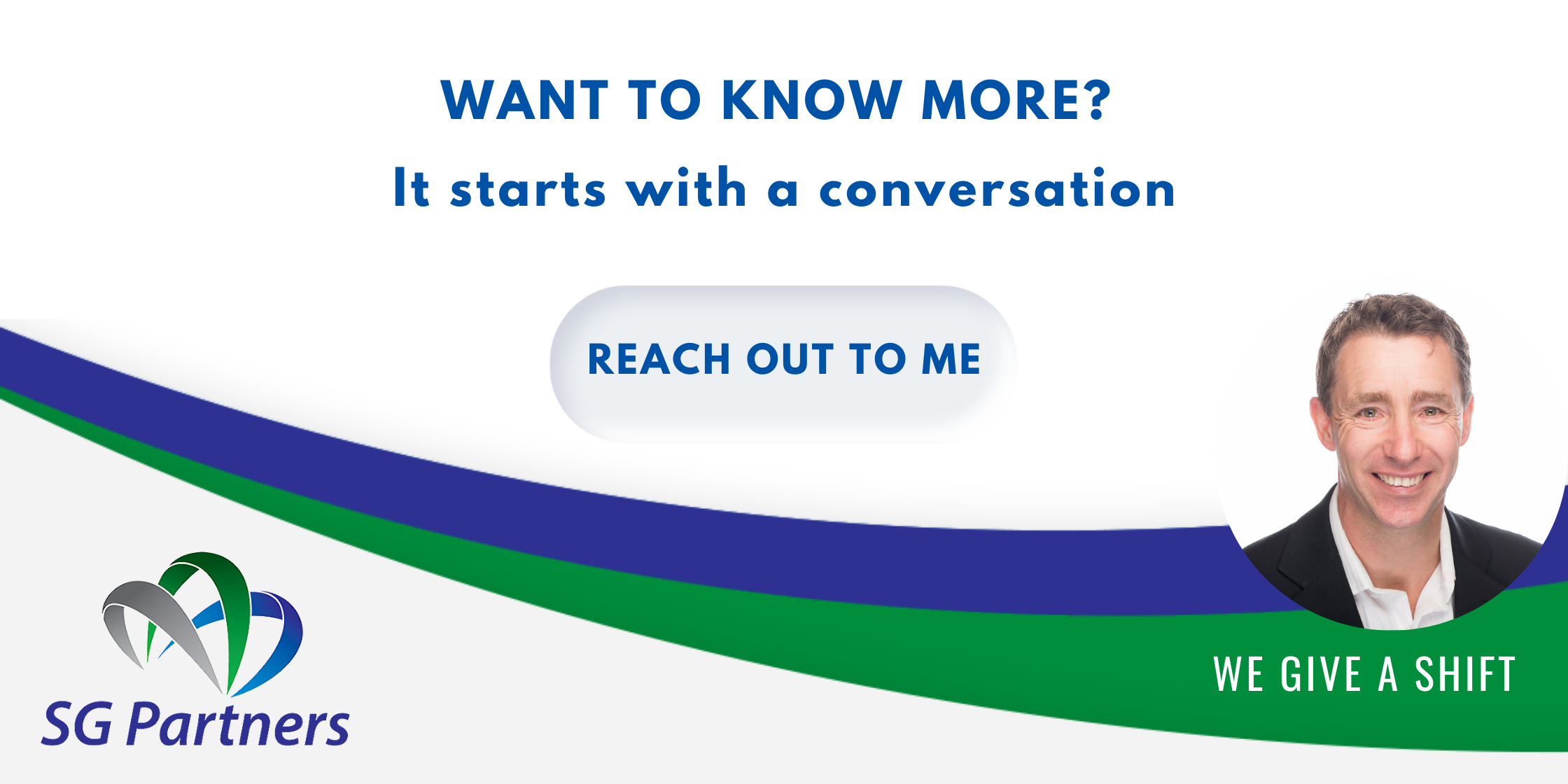The 5 Stages of Grief from a Bad Hiring Decision
/Ships do not sink because of the water around them, they sink because of the water in them.
The same goes for business; if your team is underperforming, you could find the company sinking before your very eyes.
Ergo, hiring a bad salesperson can cost your business thousands; the same amount you could be making by hiring a good one. Unfortunately for anyone who has made a disastrous hiring decision, there are five stages of grief to battle before you see the light.
1. Denial — “No they can’t be this bad, I had a hand in hiring them!”
At this initial stage, you are still buying into the fact this person is right for the position, for your organisation. It takes a while for the news to sink in, and even when you can see it coming a mile away. Bunker down, this stage can linger on uncomfortably for weeks. To push forward; fight the urge to protect them, you need to get critical about your team. You want different outcomes. Therefore, you need to think about them differently.
2. Anger/Frustration — “Is this possible? How did this happen? Whose fault is this?”
It is normal to spend some time in this phase, but some people get stuck here and cannot move forward. That is self-defeating because that ‘anger’ attitude is a HUGE barrier to moving forward and making the big decisions.
3. Bargaining — “Maybe if I just…”
You start promising yourself that you will be more careful next time. You will do this though in the hope things will change. Some miracles will happen, to demonstrate nothing different needs to be done.
4. Depression — “I’m never going to get another great employee for that position.”
Therefore, I keep what I have – better the devil you know. This is a normal feeling. How motivated are you to change the outcome you deserve?
5. Acceptance — “What’s next? What will I do differently to get a better outcome?”
The fact is that you can change the outcomes by selecting, who to invest in and who you will not. Bouncing off this decision, you WILL find another great employee. You will get through this! Congratulations on reaching this last stage, now to take the next actions to save your ship and move into calmer waters.
Next Steps:
RAISE the BAR - Do not allow under-performing to continue
TRAINING - Targeted to the needs of the team
HOLD PEOPLE ACCOUNTABLE
RECRUIT - Recruit ‘A’ Players only, using the SG Partners Sales Assessment Tool – Download a Free Sample here
“The goal of leaders is to create more leaders, not followers!”
Communication Barriers
/It’s not Sheep!
I’m sure you’ve had the experience when you are talking with someone and no matter how hard you tried, they didn’t understand what you were saying.
You rephrase, even speak louder and still a blank look or worse an argument that doesn’t make sense.
Ray Birdwhistell from the University of Pennsylvania suggested that words comprise only 7% of our communication.
This seems even more valid when the discussion becomes emotionally charged.
Let’s assume for a moment that this is true. What happens to the other 93%?
Most people communicate by choosing the words they use.
What people are not usually aware of is the impact of their words, and other unconscious factors have on the recipient’s mind.
If I were to say to you “The parrot bit Jane” to process this in your mind, you might have created a picture of a parrot biting Jane.
Maybe even the squawk of the parrot before the biting, and possibly Jane’s cry from the pain.
You might have experienced certain feelings yourself as you imagine the discomfort of the bite.
As you are a unique human being the internal processing of that experience is unique to you, no-one else will make the same pictures, sounds and feelings.
If you change just two of the words around ‘Jane bit the bird’ the internal representation or experience you have now is entirely different.
If just a few words make that much difference, now reconsider that words are only 7% of the communication. Does it now make sense why communication can so easily be misunderstood?
Often, we are pretty lazy. We usually just conclude:
“They are stupid. They are inflexible. They just don’t listen.”
It’s possible we are right, sometimes, but this kind of labelling won’t help you communicate. It stops your mind from looking for an alternate way of getting your meaning across.
The key is to change the way you approach communication.
Accept that everyone is unique and that this is a great thing. It’s your responsibility to find out how a person experiences the world and then communicate with them accordingly.
There are many ways to do that we talk about in our training and coaching programs. Learn more on how we can help here.







